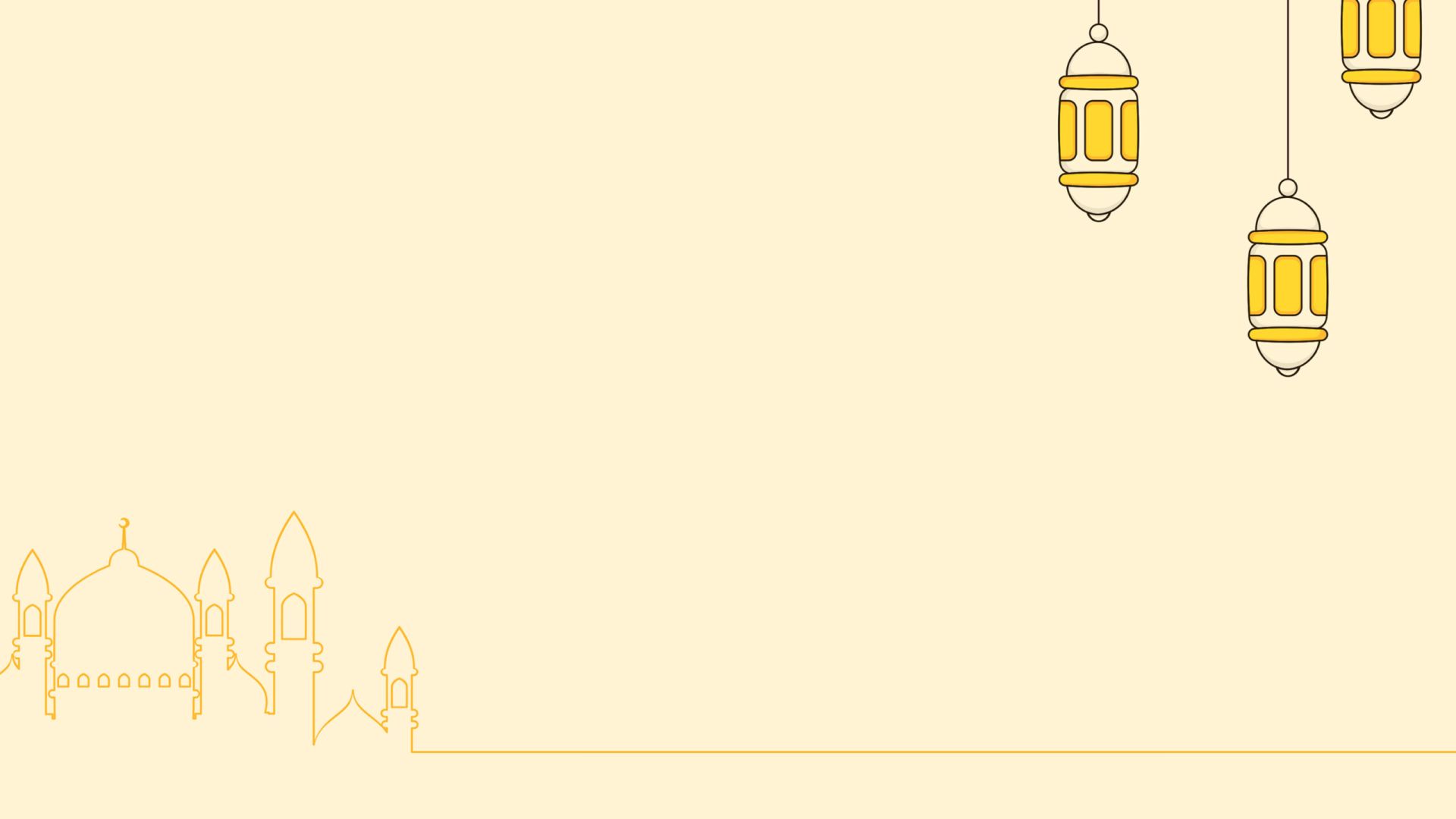Signs of Allāh’s Love for His Creation
Shaykh Abū Ṭalḥah Dāwūd Burbank

In regards to the matter of maḥabbah, Ibn al-Qayyim al-Jawziyyah (d. 751H) is quoted in refutation and sharp contrast between the ʿaqīdah of Ahl al-Sunnah in opposition to the Jahmiyyah.1
Stated Ibn al-Qayyim al-Jawziyyah in Madārij al-Sālikīn, ‘Allāh’s loving his beloved servant, his Prophets and Messengers, this muhabbah is an attribute of His. It is something additional to His Mercy, His treating them nobly and to His giving to them. All of these things are the effect and result of Allāh’s Love. So, because Allāh loves these people, then He grants them a great share of His Mercy, His being good to them and His fine treatment of them…
Whereas the Jahmiyyah, in their view, Allāh does not love and Allāh is not loved. They (the Jahmiyyah) were not able to out-rightly deny and reject the text is this regard. So they resorted to taʿwīl (interpolation) concerning the servant’s loving Allāh.’
1 The Jahmiyyah are the followers of al-Jahm Ibn Ṣafwān. He was from the pure Jabariyyah. His innovation emerged in Tirmidh and he was killed by Salam Ibn Ahwaz al-Māzinī towards the end of the rule of Banī Umayyah. So they agree with the Muʾtazilah in rejecting the eternal Attributes and they add some things in addition to that. Refer to al-Milal wa-al-Niḥal (1/73). Footnote excerpted from, The Path to Attaining Clarification Concerning the Three Fundamental Principles by al-ʿAllāmah Zayd Ibn Hādī al-Madkhalī.



